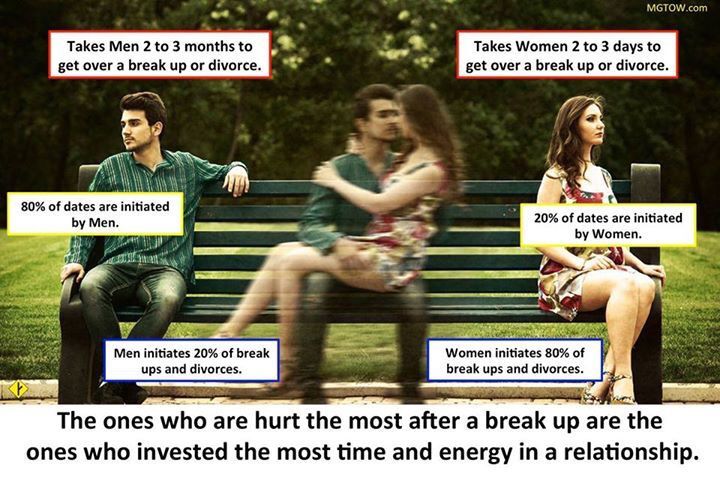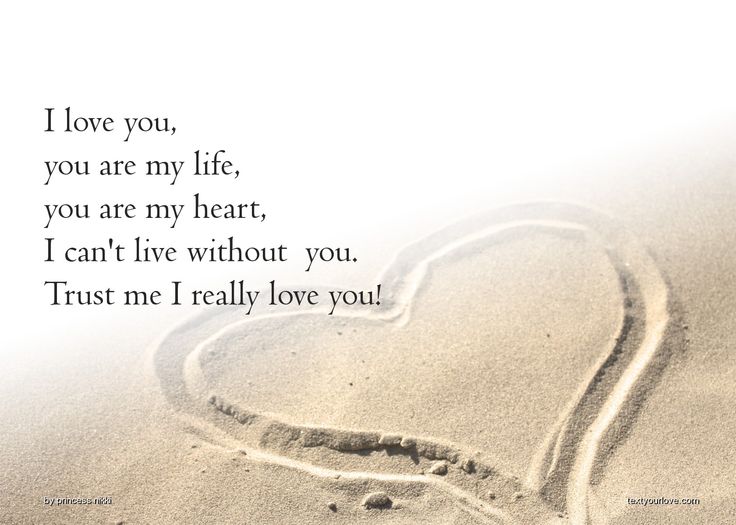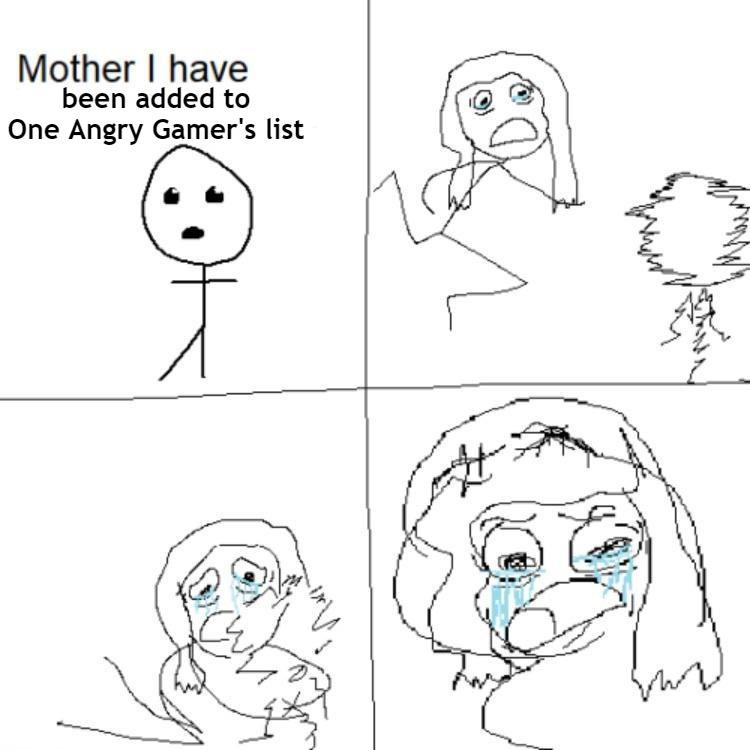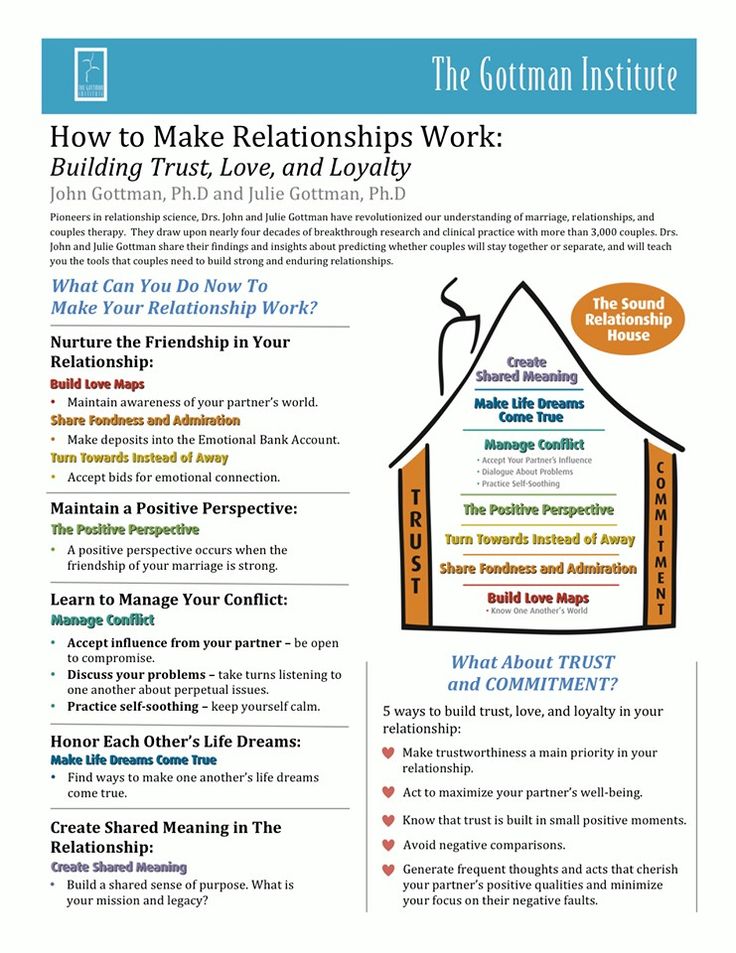Getting over the hurt
12 Tips for Letting Go of the Past
One thing that connects us as human beings is our ability to feel pain. Whether that pain is physical or emotional, we all have experiences of being hurt. What separates us though, is how we deal with that pain.
Experts have found that when emotional pain prevents you from healing from a situation, it’s a sign that we aren’t moving forward in a growth-oriented way.
One of the best ways to heal from hurts is to learn lessons from the situation and use those to focus on growth and forward momentum. If we get stuck in thinking about what “should have been,” we can become immobilized in painful feelings and memories.
If you’re trying to move forward from a painful experience, but you’re not sure how to get started, here are 12 tips to help you let go.
1. Create a positive mantra to counter the painful thoughts
How you talk to yourself can either move you forward or keep you stuck. Often, having a mantra that you tell yourself in times of emotional pain can help you reframe your thoughts.
For example, says clinical psychologist Carla Manly, PhD, instead of getting stuck in, “I can’t believe this happened to me!” try a positive mantra such as, “I am fortunate to be able to find a new path in life — one that is good for me.”
2. Create physical distance
It’s not uncommon to hear someone say that you should distance yourself from the person or situation that is causing you to be upset.
According to clinical psychologist Ramani Durvasula, PhD, that’s not such a bad idea. “Creating physical or psychological distance between ourselves and the person or situation can help with letting go for the simple reason that we are not having to think about it, process it, or being reminded of it as much,” she explains.
3. Do your own work
Focusing on yourself is important. You have to make the choice to address the hurt that you’ve experienced. When you think about a person who caused you pain, bring yourself back to the present. Then, focus on something that you’re grateful for.
4. Practice mindfulness
The more we can bring our focus to the present moment, says Lisa Olivera, a licensed marriage and family therapist, the less impact our past or future has on us.
“When we start practicing being present, our hurts have less control over us, and we have more freedom to choose how we want to respond to our lives,” she adds.
Online meditation options
Read our review of the best online meditation options to find the right fit for you.
5. Be gentle with yourself
If your first response to not being able to let go of a painful situation is to criticize yourself, it’s time to show yourself some kindness and compassion.
Olivera says this looks like treating ourselves like we would treat a friend, offering ourselves self-compassion, and avoiding comparisons between our journey and those of others.
“Hurt is inevitable, and we may not be able to able to avoid pain; however, we can choose to treat ourselves kindly and lovingly when it comes,” Olivera explains.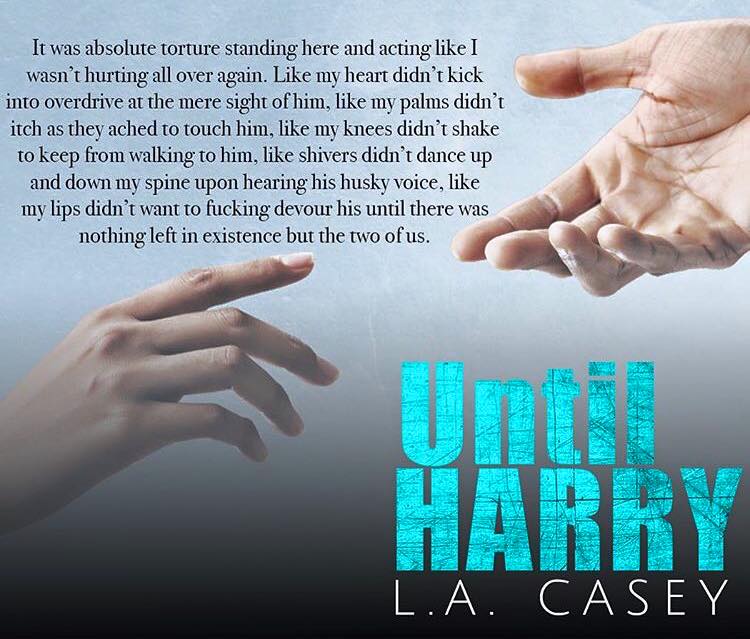
6. Allow the negative emotions to flow
If you’re fear of feeling negative emotions is causing you to avoid them, don’t worry, you’re not alone. In fact, Durvasula says that many times, people are afraid of feelings such as grief, anger, disappointment, or sadness.
Rather than feeling them, people just try to shut them out, which can disrupt the process of letting go. “These negative emotions are like riptides,” explains Durvasula. “Let them flow out of you… It may require mental health intervention, but fighting them can leave you stuck,” she adds.
7. Accept that the other person may not apologize
Waiting for an apology from the person who hurt you will slow down the process of letting go. If you’re experiencing hurt and pain, it’s important you take care of your own healing, which may mean accepting that the person who hurt you isn’t going to apologize.
8. Engage in self-care
When we are hurting, it often feels like there is nothing but hurt. Olivera says practicing self-care can look like setting boundaries, saying no, doing the things that bring us joy and comfort, and listening to our own needs first.
Olivera says practicing self-care can look like setting boundaries, saying no, doing the things that bring us joy and comfort, and listening to our own needs first.
“The more we can implement self-care into our daily lives, the more empowered we are. From that space, our hurts don’t feel as overwhelming,” she adds.
9. Surround yourself with people who fill you up
This simple yet powerful tip can help carry you through a lot of hurt.
We can’t do life alone, and we can’t expect ourselves to get through our hurts alone, either, explains Manly. “Allowing ourselves to lean on loved ones and their support is such a wonderful way of not only limiting isolation but of reminding us of the good that is in our lives.”
10. Give yourself permission to talk about it
When you’re dealing with painful feelings or a situation that hurt you, it’s important to give yourself permission to talk about it.
Durvasula says sometimes people can’t let go because they feel they aren’t allowed to talk about it. “This may be because the people around them no longer want to hear about it or [the person is] embarrassed or ashamed to keep talking about it,” she explains.
“This may be because the people around them no longer want to hear about it or [the person is] embarrassed or ashamed to keep talking about it,” she explains.
But talking it out is important. That’s why Durvasula recommends finding a friend or therapist who is patient and accepting as well as willing to be your sounding board.
11. Give yourself permission to forgive
Since waiting for the other person to apologize can stall the process of letting go, you may have to work on your own forgiveness.
Forgiveness is vital to the healing process because it allows you to let go of anger, guilt, shame, sadness, or any other feeling you may be experiencing and move on.
12. Seek professional help
If you’re struggling to let go of a painful experience, you may benefit from talking to a professional. Sometimes it’s difficult to implement these tips on your own, and you need an experienced professional to help guide you through the process.
Online therapy options
Read our review of the best online therapy options to find the right fit for you.
To let go of past hurts, you need to make the conscious decision to take control of the situation. However, this can take time and practice. Be kind to yourself as your practice refocusing how you see the situation, and celebrate the small victories you have.
8 Ways to Move On
Letting go of the past, including people who hurt you, may involve accepting what you can’t control, taking accountability, and focusing on the lessons. Seeking help is also important.
Most people have, at some point, wondered how to let go of a hurtful past. It’s natural to feel that your current emotional pain is forever linked to what you experienced before. But, even if the past caused it, letting go of the pain starts with focusing on today.
How to let go of the past may mean different things to different people. It may also depend on your situation.
Maybe you think letting go is about being able to remember events or people without experiencing the pain. Perhaps you feel it’s about forgetting altogether. Or, it may mean you want to move on despite not having forgotten or forgiven yet.
Or, it may mean you want to move on despite not having forgotten or forgiven yet.
Whatever it means to you, it’s possible to release what weighs heavy on your heart and mind. You can heal, and these tips may help.
“I am not what happened to me; I am what I choose to become.”
~ Carl Gustav Jung
Sometimes when you’ve hurt long enough, you may get used to the emotional pain. Maybe it feels safe and familiar. Maybe you’ve internalized it as part of your identity. Perhaps staying angry at that person is comfortable because you can keep a distance.
Growing pains can be real. Getting away from the things you’ve felt and thought about for a long time may be uncomfortable. But healing, joy, and peace of mind may be on the other side of letting go.
It may not be the case for everyone, but if you ask yourself “why can’t I let go?” these questions may help you start releasing your past:
- Are there any secondary gains from keeping yourself focused on what hurts?
- Is thinking about the past keeping you from trying new relationships or situations?
- Do you avoid resolving emotional pain because this would mean facing it first?
- How would your life be if you left the past in the past?
- What would happen if you adopted a different role in the situation?
Sometimes, to heal, you first need to feel it.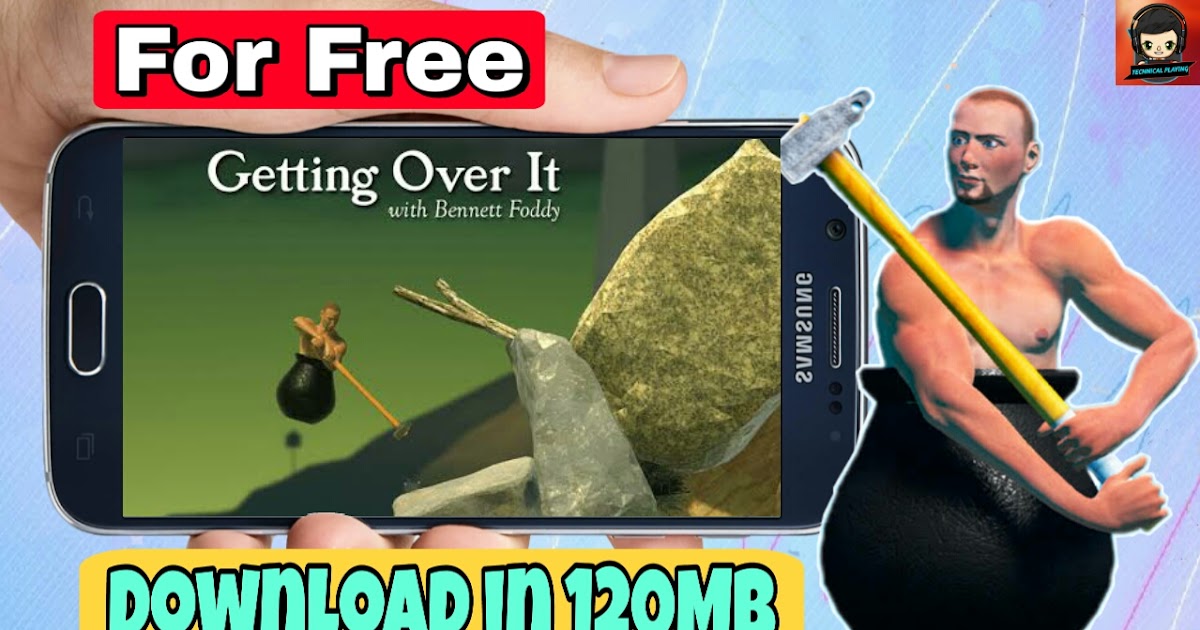 Bottling up your thoughts and emotions may hurt you more in the long run and make it hard to let go, particularly if you keep thinking about the past and what harmed you.
Bottling up your thoughts and emotions may hurt you more in the long run and make it hard to let go, particularly if you keep thinking about the past and what harmed you.
Ruminating on the same negative thoughts may affect your mood, relationships, and even your ability to be productive and creative.
Try to find ways to express how you feel healthily. Releasing the emotional charge may help you stop ruminating.
Consider engaging in activities that provide a safe space for you to let it all out. For example:
- journaling with prompts
- writing a letter to the person who hurt you (sending it is optional)
- expressing your pain through art or play if writing or talking is difficult for you
- finding a trusted friend, relative, or therapist to share your experiences and feelings
Taking accountability doesn’t mean you have to blame yourself for things that happened to you in the past. It’s more about realizing how much energy you’re spending on remembering or feeling things that are no longer your present. It’s also choosing to focus your attention elsewhere.
It’s also choosing to focus your attention elsewhere.
When you hold on to your pain, resentment, or hurtful memories, you’re reliving the painful experience again and again. This may keep you stuck in the past, which is something you can no longer change.
Taking accountability is also about claiming your power and deciding others will not control how you feel or live your life.
Maybe you didn’t have a say in what hurt you in the past, but you have a say now. You can choose where you put your mind and heart today.
It’s natural and valid to feel this is a difficult task. Maybe the pain is so intense that you can’t help but focus on it, or perhaps you have to live with the consequences. But healing is still possible.
Consider reaching out to a mental health professional to explore how you can develop effective coping mechanisms that may make releasing the past easier. You deserve it.
Focusing on past events may leave little room in your heart and mind for new experiences, including those that may bring you joy.
Not letting go of the past may make you more prone to miss the good in your life.
Consider these steps to make space for the new and to release the past:
- set personal and professional short-term goals
- cultivate gratitude so you can focus on the present good
- assess the quality of your current relationships and choose those that do you good
- commit to a new hobby or activity every month
- clean and organize your spaces, so you give away or discard items that no longer serve you
- establish new bonds or try to strengthen casual relationships that have the potential to be great friendships
- practice mindfulness, so you learn how to return to the moment when your mind wanders to the past
- commit to one self-care activity every week
- engage in altruistic activities that may boost your mood by helping others
- identify positive leaders and role models who lead with empathy and compassion
Prioritizing yourself is about being intentional with your decisions.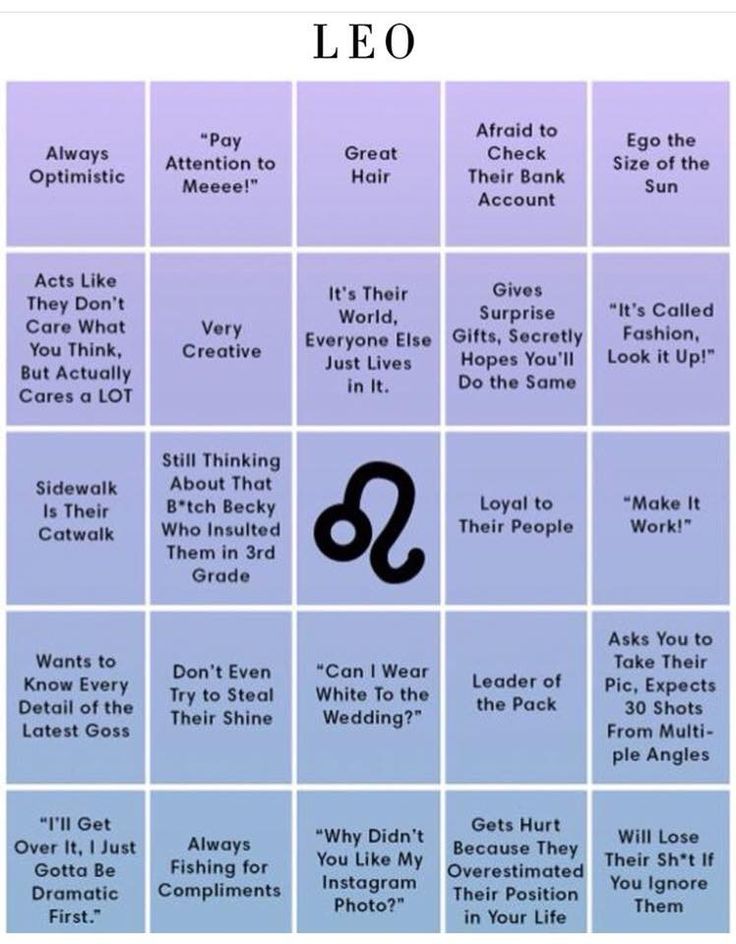 This may start with realizing that choosing what’s good for you doesn’t mean you’re being selfish.
This may start with realizing that choosing what’s good for you doesn’t mean you’re being selfish.
Putting yourself first may also mean reclaiming your power by leaving in the past what hurts you and focusing on healing today. It’s about realizing that you matter.
Consider:
- going to therapy to explore how to let go of the past and hurt you’ve experienced
- setting boundaries with other people who may want to relive or discuss the past when you’re not ready to
- making life decisions that make you feel safe, at peace, or happy, even if others don’t agree
- reframing thoughts that may increase your anxiety or sadness to focus on thoughts that may make you feel hopeful
- engaging in self-compassion and self-respect
Prioritizing yourself may also be about exploring ways to find forgiveness.
Forgiving yourself and others has been associated with higher psychological well-being, including a higher tolerance to uncertainty and a lower tendency to experience anger.
“The wound is the place where the Light enters you.”
~ Rumi
What have you learned about relationships, love, yourself, and life from your hurtful past experiences?
Your first response to this question may be to think of the negatives you may have learned. It’s natural and valid. But try to pause if this is your first reaction and consider focusing on a few positive lessons. For example:
- how strong and resilient you may be
- who showed up for you and proved you can rely on them
- the things you now know you don’t want in your life
- the coping skills you may have developed to face life challenges
- the sense that everything passes and this too shall pass
This isn’t an all-inclusive list and may not necessarily apply to your situation.
The idea is to try to identify whatever strength, skill, knowledge, or clarity you may have gained from a painful event. Focusing on these lessons may make it easier to let go.
One reason you may be ruminating about past events could be a need to revisit past choices or what could have been.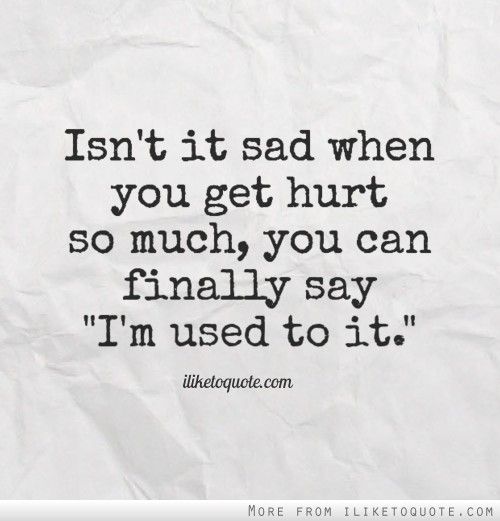
Focusing on the “what ifs” may lead you to repeatedly engage in the same inner conversations and scenarios. But thinking about what happened isn’t going to change it.
It may be difficult to accept, but learning to identify those things you have no control over may help you let go of the past.
The “should haves” or “what ifs” will not change what happened. The “what coulds” and “what wills” may help you move forward and be intentional in daily decisions that will affect your present and future.
Whether you live with trauma, experience anxiety or another mental health disorder, or may be facing relationship resentment, a mental health professional can help you let go and release your emotional pain.
Learning how to let go may depend on your specific situation and understanding of what letting go is about. But it’s possible and healing can be achieved.
Openly expressing how you feel, reclaiming your power, making room for new experiences, and focusing on the lessons are a few ways to let go of emotional pain.
If you’re having a difficult time letting go, consider seeking the help of a mental health professional. They can help you explore the possible causes of your challenges and develop coping skills that work for you.
How to survive a breakup - Lifehacker
Why you feel bad from a scientific point of view
At the very beginning of a relationship, oxytocin and dopamine are produced in the brain. When a partner is nearby and everything is fine, the reward system turns on and a whole cocktail of hormones is released into the blood. And we think we are happy.
After parting, the reward system ceases to work, the body begins to break down. The stress hormones produced affect the immune, digestive, and cardiovascular systems.
The systems that are responsible for the perception of pain are also activated. That is why it seems to the brain that we are physically hurt, although in fact everything is in order with the body.
How to survive a breakup
Allow yourself to suffer
Yes, that's right.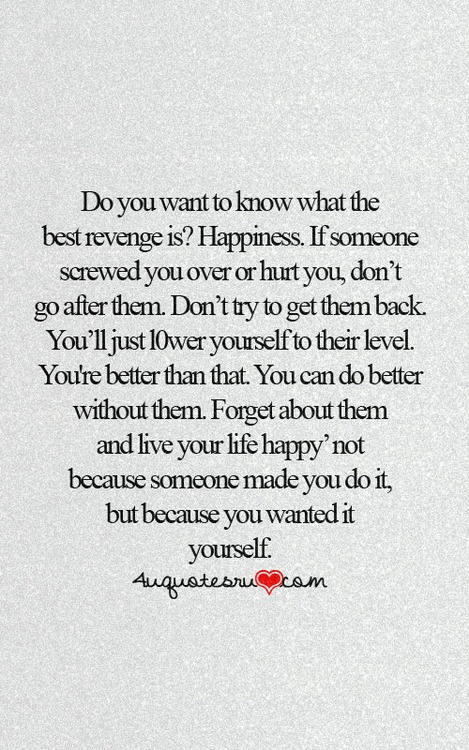 There is no need to artificially invigorate. I want to cry - cry. If you want to scream - scream (just don't forget about the neighbors who can hear you). Sing sad songs in the shower. Watch TV serials.
There is no need to artificially invigorate. I want to cry - cry. If you want to scream - scream (just don't forget about the neighbors who can hear you). Sing sad songs in the shower. Watch TV serials.
You will be told that everyone is breaking up and there is no need to make a tragedy out of this. Don't listen or try to hide the pain. No one knows what's in your heart but you. If it hurts, let it hurt. Cry until the tears run out, until you feel better, or at least until the devastation sets in.
Your strength will return, but it will take time. Each person has their own time.
Don't blame yourself
The decision to break up doesn't come overnight. And not even for a month. Most often, it is accompanied by a long process of reflection.
The reasons can be very different. But that doesn't mean you missed something somewhere. This means that both of you have long begun to lose contact.
Responsibility always lies with both, although not always equally.
It is not necessary to calculate who is more to blame. Look to the future and don't repeat your mistakes.
Don't blame yourself. Yes, you could get irritated less often or demand less. But the partner could talk to you about it.
Do not try to return your partner
If it seems to you that there is nothing left in life and you need to return everything, stop. Fear speaks to you.
It's scary to be alone after a long relationship. And this is a completely normal reaction.
Do not give in to fear. Don't try to get your ex back with humiliated requests. Even if he returns, nothing good will come of such a relationship.
Get down to business
When the first sharp pain is over, go where you couldn't or didn't have time to go together. Watch movies that you liked but your ex didn't. Think about a hobby abandoned during a relationship.
Do things you would never do together. This will allow you to feel a freedom that was not there before.
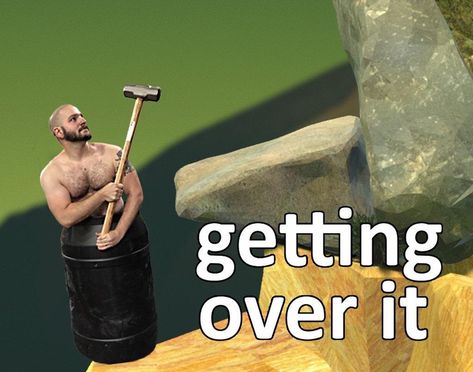
In many cities dance, drawing, clay modeling, knitting or metal burning studios are now open. Trial lessons are often free. Why not try? In the worst case, you will lose an hour. At best, you will find a job that you love with all your heart.
Get moving
Immediately after a breakup, many people lose weight because they can starve for days on end. But when the resources of the body are completely depleted, the appetite wakes up and the weight begins to grow.
At the same time, you want not just to eat, but to seize a bad mood with high-carbohydrate foods: pizza, ice cream, chocolate. If at the same time you move a little, the weight will grow even faster.
Therefore, you need to move, even if only minimally.
Make a list of good things
Do you think the world has faded and nothing good is left? This is not true.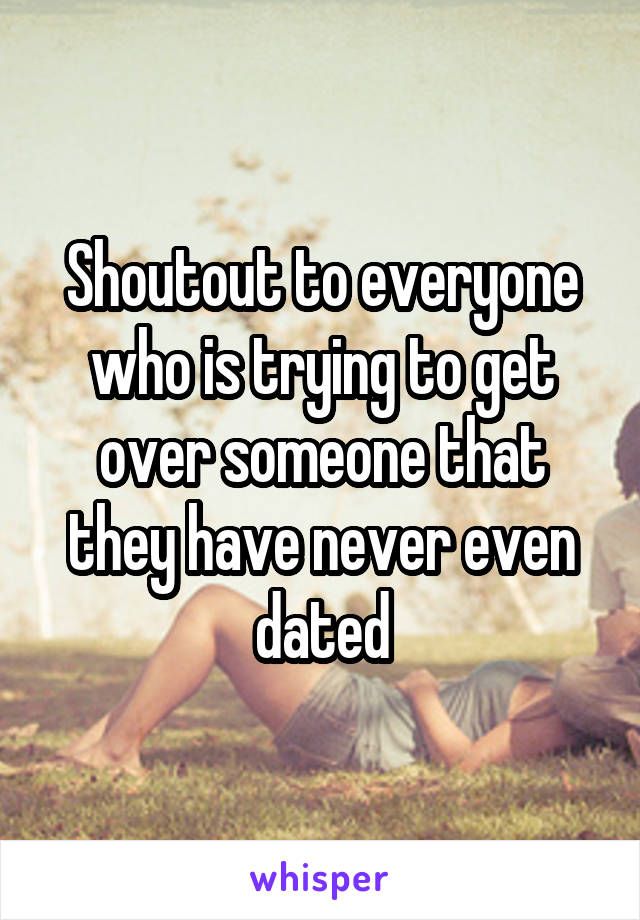 Your brain simply reacts to stress, and one day the black bar will end.
Your brain simply reacts to stress, and one day the black bar will end.
In the meantime, make a list of the good things you have. Work, friends, books, a collection of stamps or favorite cups, the taste of hot coffee in the morning, the smell of freshly cut grass, shopping - whatever brings you joy.
Add items to the list regularly, and when it gets really bad, re-read.
Change of scenery
If everything around reminds you of a former partner, you should think about changing the situation. Can't leave? Rearrange, buy new curtains or dishes. Changing the color scheme will help you tune in a different way. Experiment.
Read also 🏡
- 13 apps and services for interior design
- 11 ways to add color to the interior and not overdo it
- How to create a luxurious interior on a small budget
Chat with friends
You can talk to them, they will support you in difficult times. But do not forget about their feelings, ask before talking about the breakup. Perhaps at this very moment your friend is not ready to listen to you or ready, but not able to give advice.
Perhaps at this very moment your friend is not ready to listen to you or ready, but not able to give advice.
Sophia Enikeeva
psychologist, coach
You don't need to communicate with those people who will aggravate your emotional state with phrases like "I told you, it's my own fault." As soon as you find something that can bring you relief, and those people who will support you, immediately start using this resource.
And don't forget to listen and support your friends in return.
Do 5 Exercises
The exercises recommended by psychologist Daphne Rose Kingma in her book How to Get Over a Breakup will help you understand why things happened the way they did. The main thing is to take them only when the first pain subsides. Otherwise, they can make things worse.
You can print on the computer or take a separate notebook. The second option has an advantage: the paper can be symbolically torn or burned after the exercises are completed.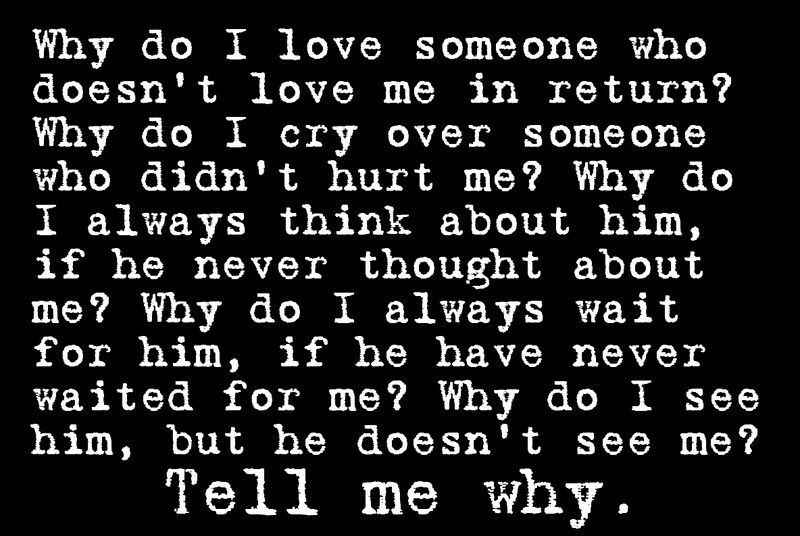
Do not do exercises in succession. Take on the next one when the emotions subside. Do not try to unsubscribe: this is not an essay that needs to be completed and handed in as soon as possible. No one but you will see what you write.
1. Return to the roots
Briefly tell us about your acquaintance, first date, the beginning of a stormy romance, the time when you just got together. Describe exactly what hopes you had for your ex-partner.
Now focus on the "evidence" - something that even then foreshadowed problems. It could be some physical or psychological trait.
2. Describe how your relationship developed
First of all, tell us about what happened in your life outside of the relationship. Describe your status at that time. Have you ever been single or have you dreamed of falling in love? Or maybe you were in a relationship with another person? What did you want to achieve? What to experience?
Describe what you could offer your partner and what he or she could offer you.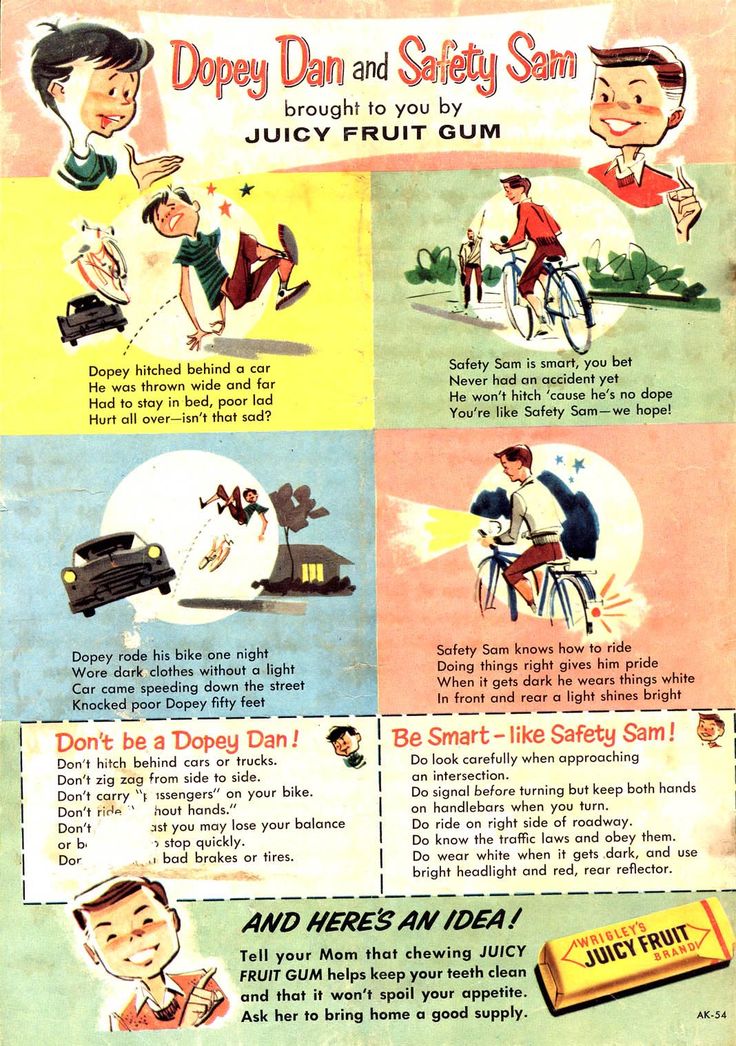
Now describe how and when the "evidence" appeared. What did you feel?
Imagine that a movie is being made about your relationship. What name would you give it? You can describe the poster and come up with a synopsis of the story.
Tell us the real reason for your breakup. Is this reason related to the task of developing you or your partner?
Daphne Rose Kingma
psychologist, writer
A few examples: “I outgrew my need for a mommy”, “I finally understood my strengths”, “We raised children”, “We were connected only by sex, it was not enough”.
3. Analyze the gap
Mentally return to the turning point. When did you realize that something inside clicked and hurt? If you were not the initiator of the gap, then this happened later. Describe your feelings at that moment.
Make a list of reasons why your relationship would still fail.
Write a poison letter to your ex. Freely express your repressed emotions in it, whether it be pain, rage or anger.
Now describe your feelings of guilt. You can self-flagellate as much as you like - the paper will endure everything.
Remember that there are two manifestations of guilt. The first has to do with self-flagellation. The second is a real confession of guilt for some actions. Remember the times when you manipulated, said nasty things, tried to make your ex-partner angry.
This is unpleasant, but it will help you recognize your shortcomings and get rid of them.
Now write a confession letter to your former partner. You do not need to show him or her what you have written - this is done only for you. Admitting mistakes frees you from guilt.
Finally, write a letter of forgiveness to yourself. You have done a great job and deserve forgiveness from the most important person in your life - yourself.
4. Describe all the good things that this relationship gave you
Try writing a thank you note to an ex or ex.
5. Reassess reality
Reassess reality
Invent a new role for your ex.
Describe the task you are currently facing. What do you want from the future? How do you see your new partner?
Daphne Rose Kingma
psychologist, writer
Regardless of how people feel about their breakup, whether they understand that they are still in anguish and confusion, whether they are convinced that they will never be able to come to terms with a breakup, they all left after classes with the feeling that they managed to rise to a more conscious level of perception.
See a psychologist or psychotherapist
Pain after a breakup is normal. But if it doesn't go away, you may be depressed. If you do not eat all day or, on the contrary, overeat, if you are depressed and everything falls out of your hands, if you think slowly and do not move at all, it's time to think about a visit to a psychotherapist.
Read also 🙎♀️🙎♂️
- Why you should not be embarrassed to go to a psychotherapist
- How to choose a good psychotherapist and not be broke
- How to know when it's time to see a psychotherapist
Do's and Don'ts to get over a breakup
Don't look for casual sex
It probably won't help, and you'll feel even worse than before. The desire to have sex is generated by withdrawal. The brain lacks oxytocin, and so we look for someone to comfort us.
The desire to have sex is generated by withdrawal. The brain lacks oxytocin, and so we look for someone to comfort us.
Not convinced? Then at least don't get drunk before a date. Alcohol is a depressant. So instead of an enchanting orgasm, you will only get resentment towards the former and a feeling of guilt, and the next morning you will also have a hangover.
And remember about contraception.
Do not bully or blackmail
Emotional blackmail is often used by the person who has been dumped. The goal is to make the former partner feel guilty and uncomfortable. If the former partner really feels guilty, then he will not answer and besiege you when necessary.
Why can't you do that? Because it's low.
Do not start a relationship immediately after a breakup
Some people try to forget their former partner in this way. Sometimes it works. Sometimes new relationships are strong. But more often than not, they only make things worse. The patch won't help when you need stitches.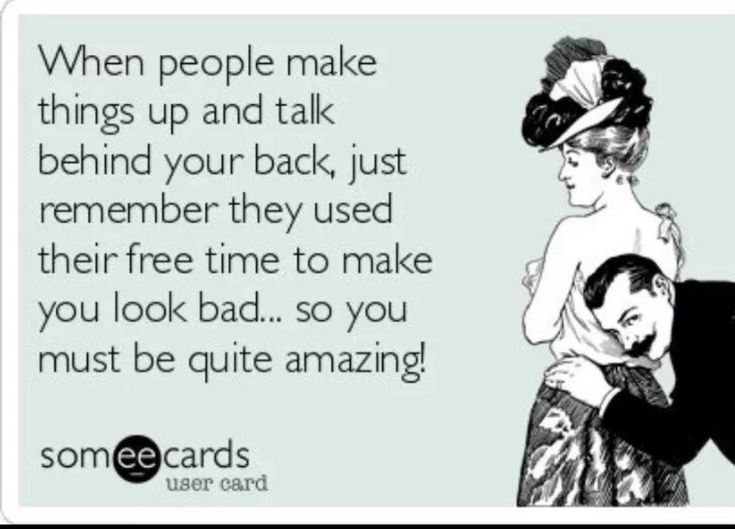
Don't force mutual friends to take sides
Don't give ultimatums in the first place. People don't like it.
If your former partner was abusive, mistreated or violent, and your friends still associate with him and take his side, consider whether you need such friends.
Read also 👀
- 12 mistakes after a breakup that will turn your life into a nightmare
How to forget your ex-partner
Remove him from all social networks
After a breakup, some people begin to intensively monitor the social networks of their former passions. Someone - in the hope of seeing signs of an imminent return: "In the last photo, she is sad because she misses me." Someone - out of gloating: "How he got burned on vacation, now, I suppose, the skin is peeling off."
Your former partner has a different life now. And if you see posts about her in your feed, it can be hard for you. So clean up the tape. It will also be useful to delete all correspondence.
Sofia Enikeeva
psychologist, coach
And don't give secret (as you think) signals about yourself. Do not post photos, statuses, quotes like "I'm hard to find and easy to lose" and so on. Realize that the more time and energy you spend on an ending relationship, the more you get stuck in it.
Return all things and gifts to him
Just so that nothing reminds him of the past. This is difficult if you have lived together for a long time and bought a lot together. But without reminders, you can get over the breakup faster.
If he or she doesn't want to take his things, give them to someone or throw them away. You can even break. There is a chance that it will become a little easier.
How to stay friends
You don't have to keep a good relationship if you don't want to. Even if you have several common children or apartments. Only you can decide how to proceed with your ex. Listen to yourself, not to others.
If you still decide to remain friends, that's fine.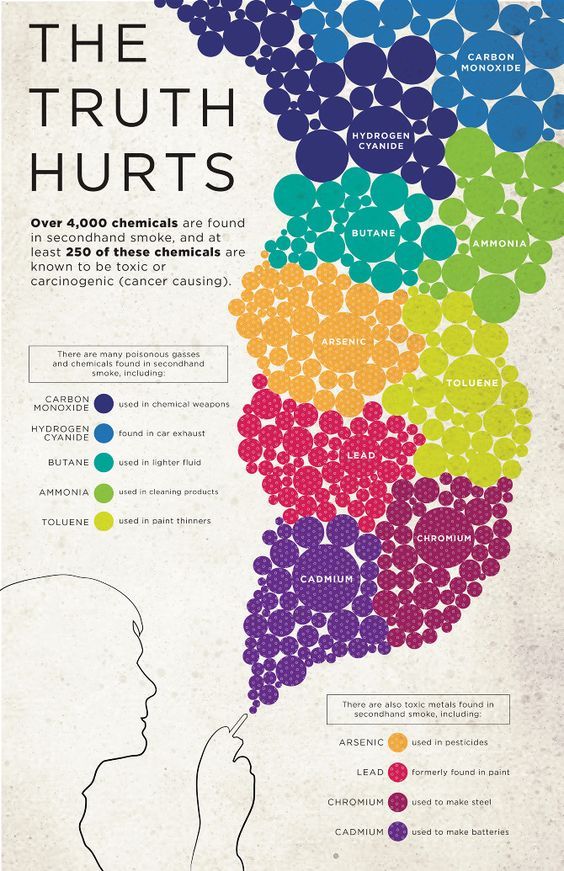 Let it be hard.
Let it be hard.
Respect each other
This is the most important thing. If you feel like saying something not very nice, try holding back.
Take a deep breath, or several if necessary. Think about why emotions have become so strong and why they are so hard to contain. When you find the reason, it becomes easier.
When you're both ready, it's time to talk about the relationship and why it ended.
Keep your distance
As hard as it is, you are no longer together. We need to learn to find new boundaries in relationships with each other, and this takes time.
If a former partner feels guilty, he may try to help you as before. Do not encourage this and sit on his neck.
Remember that life does not end with relationships. And even if it seems that there is no gap, if you are tormented by guilt, do not despair. Once you lived without your partner, which means you can again.
Parting is the beginning of a new life.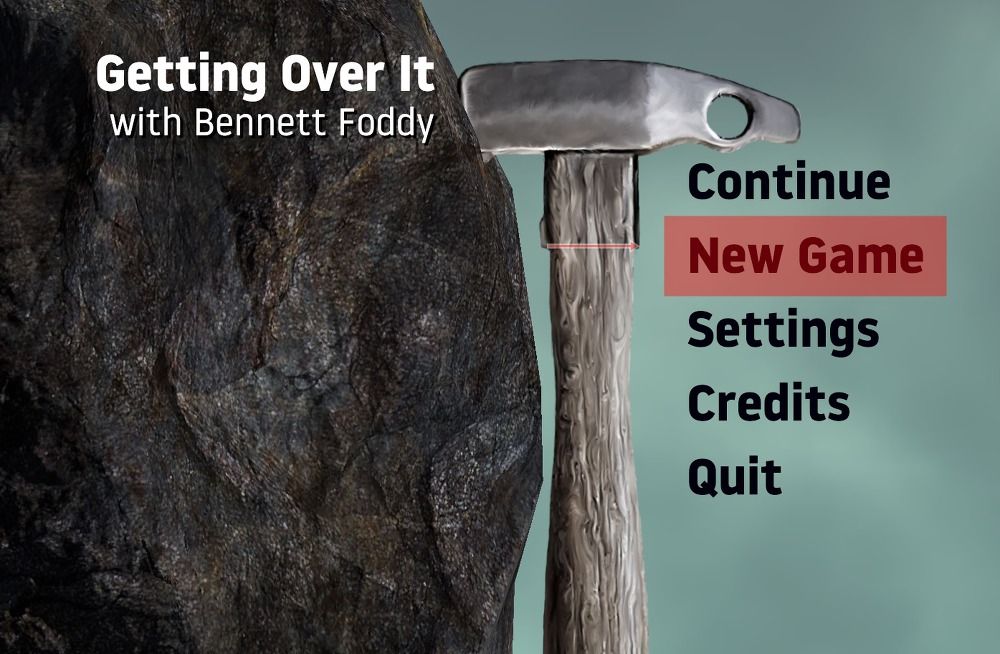 It gives you the opportunity to grow above yourself, become more conscious and happier.
It gives you the opportunity to grow above yourself, become more conscious and happier.
Read also 🧐
- 16 tips for anyone in a relationship
- How to deal with the pain of a breakup: 9 tips
- 2 rules that will change your love life forever
- How to survive a divorce: advice for women
How to get over a breakup and move on
March 16, 2021 Relations
Why does it hurt so much, where does the desire for possession come from and how to deal with it all.
Iya Zorina
Author of Lifehacker, athlete, CCM
The pain of separation can last for several months. A person is visited by obsessive thoughts about a former partner, he longs for reunion and suffers. In this state, sleep and eating behavior can be disturbed, sometimes chest pain appears - the so-called broken heart syndrome.
Let's look at what is going on in the head of a person who has recently been dumped, and why these experiences are so painful.
Why a person leaves, but attachment remains
Attachment to a person is formed with the participation of the hormone oxytocin. And the same hormone makes you suffer when the object of love leaves.
Oxytocin levels rise strongly during a relationship crisis. When one of the partners' feelings cool, the second, on the contrary, experiences a hormonal explosion. This mechanism continues to work when the relationship is terminated at the initiative of one of the partners. The abandoned person continues to feel affection due to the increased level of oxytocin, wants to be around, love and care. The inability to do this causes melancholy and even a real breakdown in lost love.
How withdrawal occurs
When you look at a photo of a former partner, the ventral tegmental area (VTA) is activated in the brain - a key element of the reward system. The VTA communicates with other brain structures using dopamine, a chemical that makes us crave pleasure.
VTA has nothing to do with cognitive processes and common sense.
She wants, craves, burns with desire. Therefore, all your attempts to forget your partner are in vain.
The nucleus accumbens, the main pleasure center responsible for attachment and dependence, is also activated in sufferers in love. Both the VTA and the nucleus accumbens respond in the same way to cocaine, but the drug releases, but love does not. When you experience a breakup, activity in these areas does not decrease, and because you cannot get what you want, you suffer from withdrawal symptoms akin to cocaine withdrawal.
The joint work of the prefrontal cortex and the nucleus accumbens triggers the process of assessing loss and gain: you constantly think about what went wrong in your relationship, who is to blame, if everything can be returned and how to do it. It is impossible to get rid of these thoughts, they come back again and again. At the same time, you experience mental pain, which can be compared with physical pain. And there is an explanation for this too.
Why does it hurt so much
Scientists have noticed that when a person looks at a photo of a former partner, an insula and somatosensory cortex are activated in his brain - structures responsible for transmitting information about physical pain. Their activation can predict the presence of pain by 88%.
A person with a broken heart does not feel physical pain, but at the same time he experiences spiritual or, if you like, mental pain.
Just like physical pain, mental pain cannot be ignored, there is no way to numb it with painkillers or eliminate the cause.
Is everything so hopeless and only time heals a broken heart? It is, but at least you can do something to alleviate this condition.
How to cure unrequited love
Remove all reminders
If you have ever quit smoking, you know that you should not keep cigarettes and lighters at home during withdrawal. It is necessary to remove ashtrays and everything that reminds you of addiction from prominent places.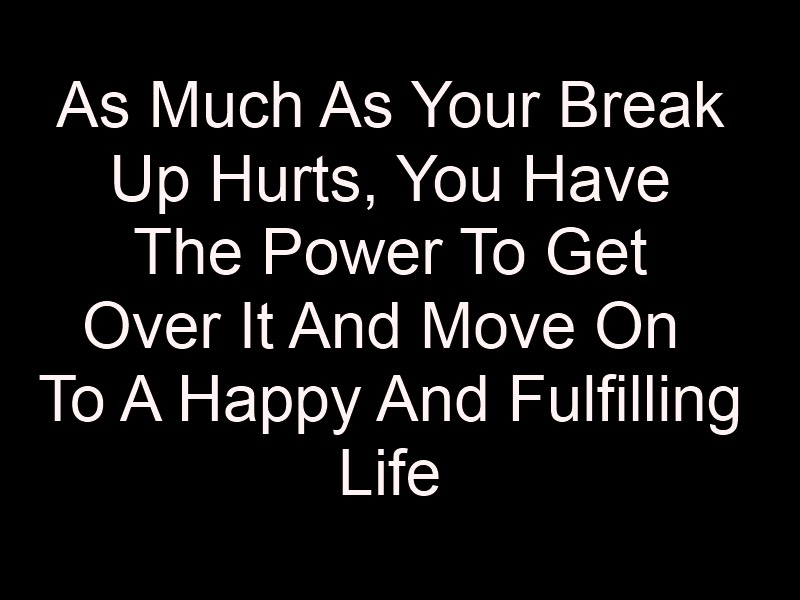 Do the same with your love.
Do the same with your love.
Remove all photos from screensavers, hide them in the farthest folder. Keep mementos and things that remind you of your loved one in your closet. Don't listen to music that meant something to your couple and don't go to your places.
Eliminate from your life everything that can cause a storm of memories and spur emotional pain.
Welcome the new
Now is the time to start something new: play a musical instrument, craft or cook, understand complex topics, learn new languages. Load your brain to the fullest - let it not have time for reflection and memories.
New unusual work requires a fair amount of brain resources and triggers the formation of new neural connections. This will help you get rid of obsessive thoughts about your ex.
Go in for sports
Physical activity will not only distract you, it will also supply opioids to your distressed receptors.
Train at medium or high intensity. The first will help you enjoy and get used to physical activity, the second will help you get tired so that there is not a single thought left in your head except “survive at any cost”.
The first will help you enjoy and get used to physical activity, the second will help you get tired so that there is not a single thought left in your head except “survive at any cost”.
Communicate, even through force
After a painful breakup, you will probably want to isolate yourself from society in order to experience the experience alone. The main thing is not to get stuck in this state.
Social contacts are very important for a person. Loneliness causes a feeling of vulnerability, disrupts sleep, increases morbidity and mortality.
In a depressed state, warm companionship is simply necessary for you. If necessary, forcibly pull yourself out for walks and gatherings with loved ones.
Review everything
When the first storm of emotions subsides, work with your thoughts and memories. Think about what this relationship has taught you, what good you got from it. Try to present your tragedy as a rewarding life experience. Say thank you for the bright experiences and acknowledge that it's time to move on.